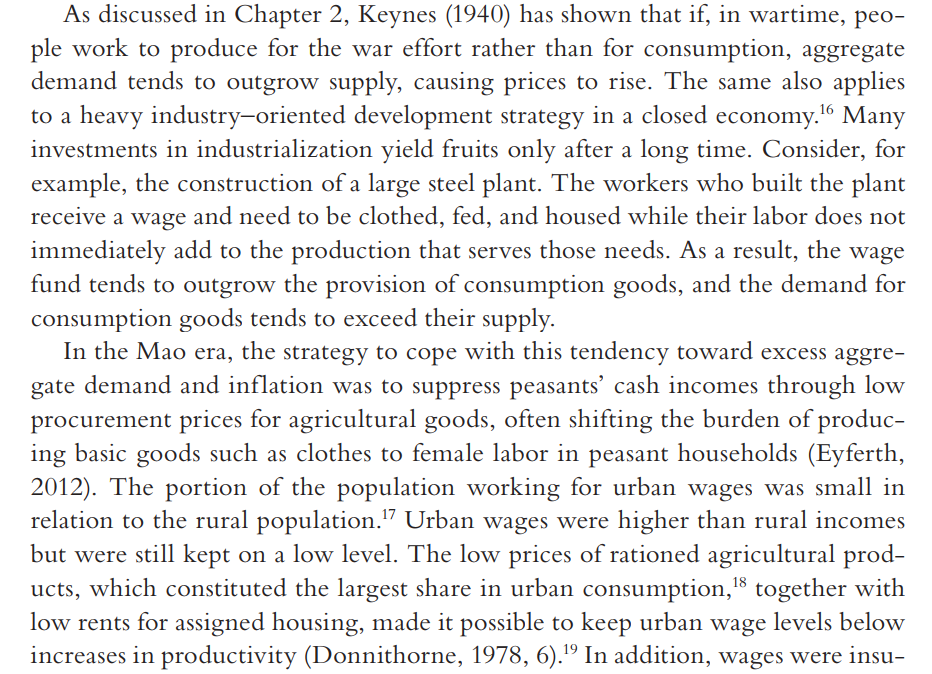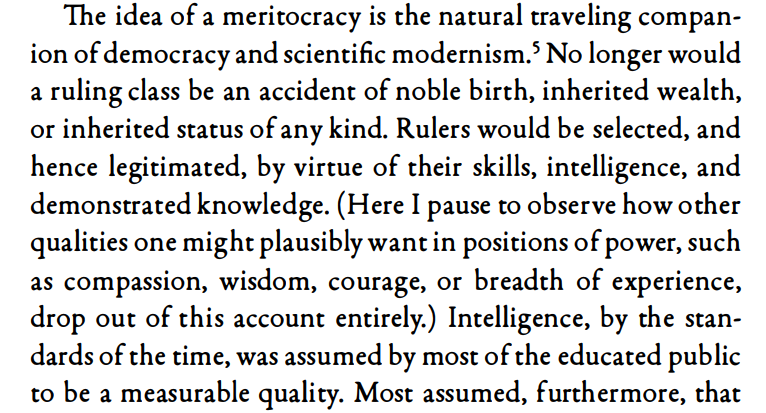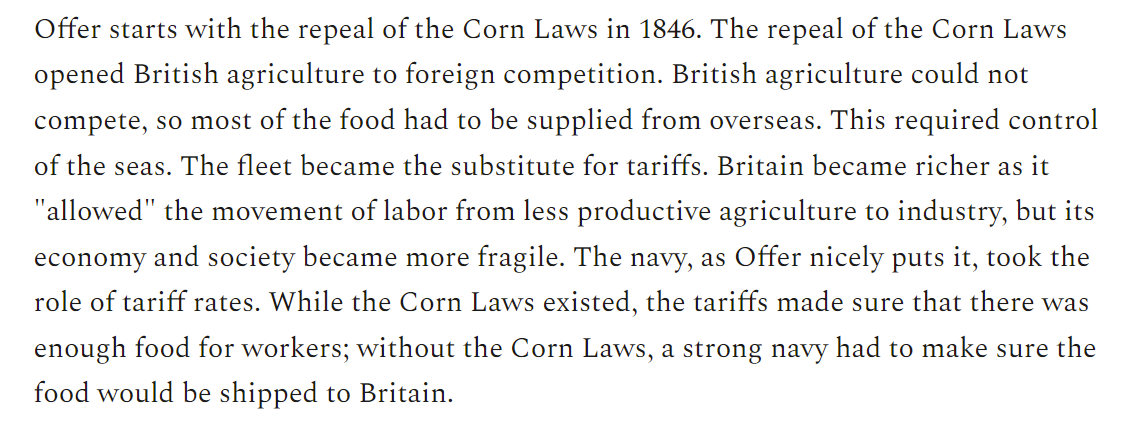Sri Lanka is in trouble.
This seems to have begun when a terrorist attack scared away tourists. The country found itself short of foreign exchange, and the government decided that they would cut fertilizer imports and make up for it by encouraging organic farming. Food supplies collapsed. There is a lot more to the story, but some quick thoughts below.
Imperial CEOs justify their conglomerates by claiming that they can offer their shareholders steadier returns. When some sectors struggle, other companies in their group can compensate. Economists rightly ridicule this because shareholders can much more cheaply achieve the same results by holding a diversified portfolio of shares. The shareholders also agree as is evident from the conglomerate discount.
Modern states avoid autarky and rely on specialization and trade. There are good theoretical reasons for this, and Economists love to think about the gains from trade. This is very similar to the argument against conglomerates- why produce everything badly when you can produce a few things very well, and then trade for what you don't produce?
1. The future is very predictable until it is not. When things go really badly wrong, no class will be spared. Sri Lanka, Lebanon, Ukraine, 1930s Spain, 1920s USSR, the list goes on.
2. Maybe small countries like Singapore have no choice but to rely on trade. Sri Lanka is not a very small country. They apparently can grow their own food, but do import fertilizers, and they really needed the foreign exchange they earned from tourism.
3. Imports are barely 13% of GDP in the USA. Despite all the "free trade" rhetoric there, they are already naturally insulated.
4. Maybe larger countries should seek to be more autarkic. Countries like Egypt are facing real hunger because of a war in far-away Ukraine.
5. Changes in terms of trade are especially dangerous in a world where capital and goods can range freely across the world, while labour is bound to their home country. Citizens are not shareholders who can optimize their portfolio. Poor people in poor countries have no levers except their votes, and they should be able to expect their governments to care for their interests.
6. More autarky may even be better for peace.
7. That the Sri Lankan government could so easily decide to try and transform an entire sector is a good example of how important it is to have mechanisms for debate and disagreement.
8. Is useful debate even possible in the world made by social media?
Edit: even without a war, some limited Autarky can be helpful for resilience, as when one country suffers a shock of some kind, and can rely on others which produce the same goods. Yet another point to consider is the sheer complexity of planet-spanning supply chains, which are classic spaghetti code. During the COVID pandemic, we learned that house construction in the USA had ground almost to a halt- they had everything else (not quite), but had run out of nails (also).













